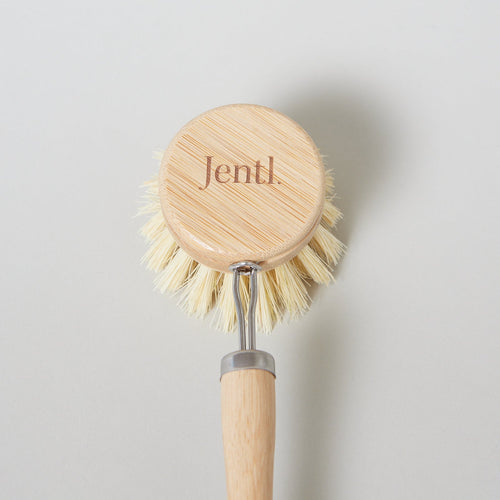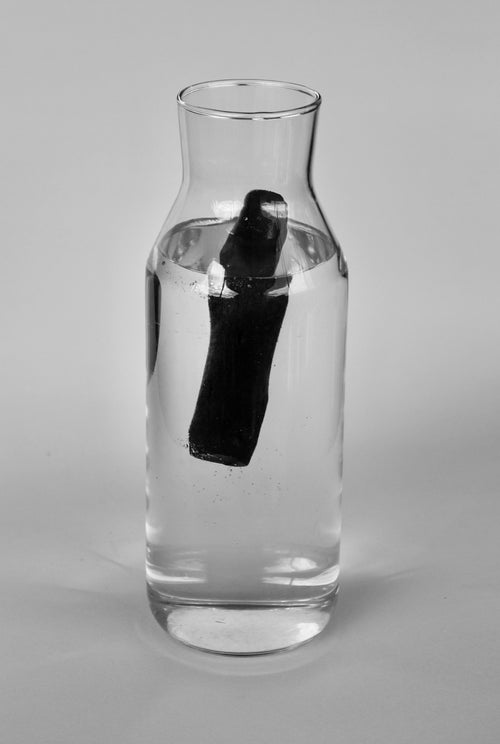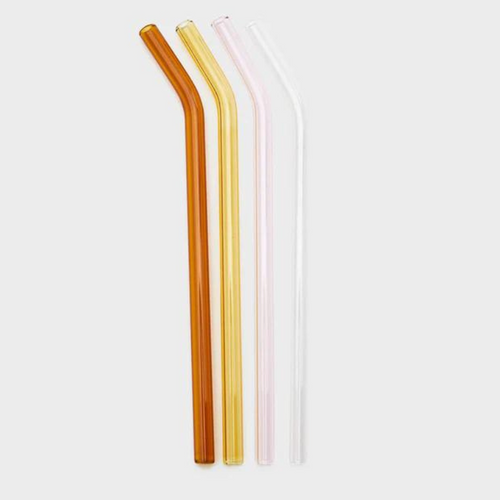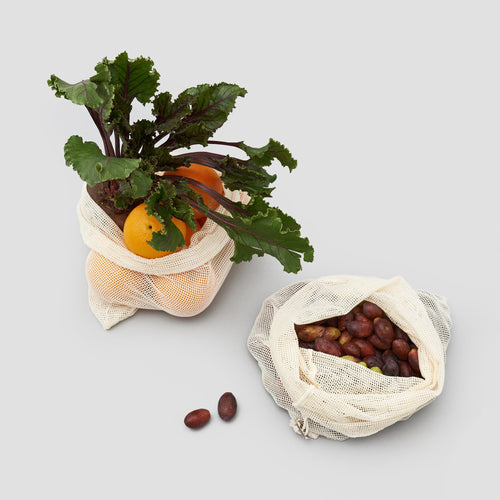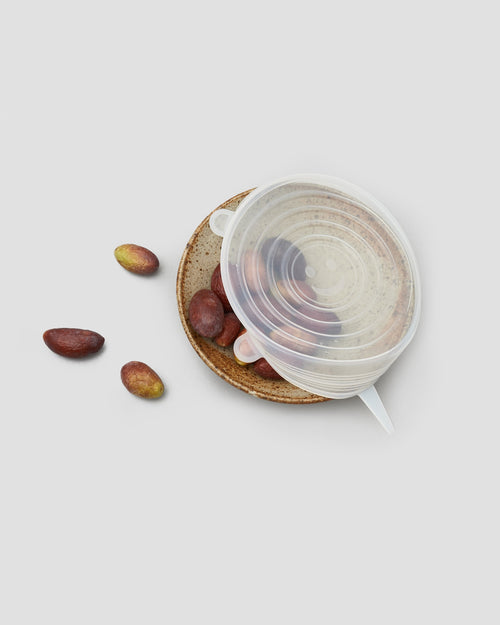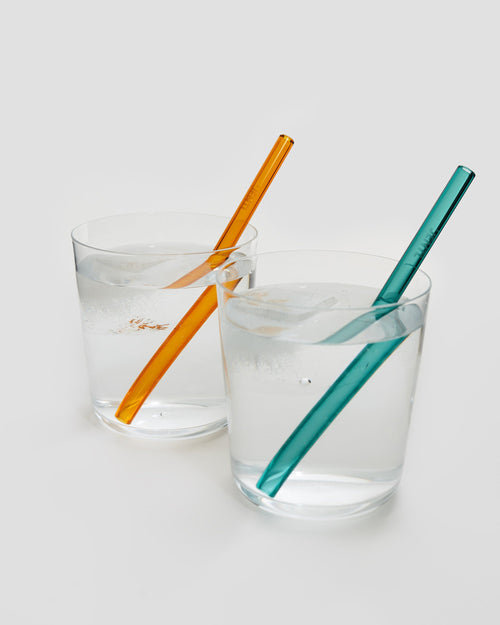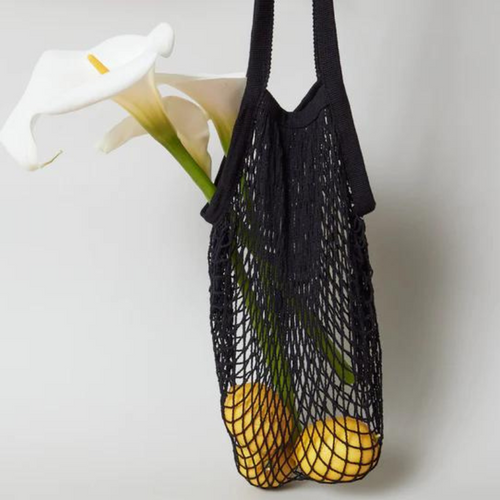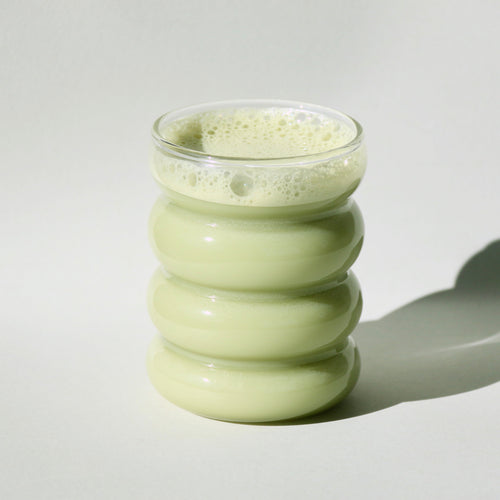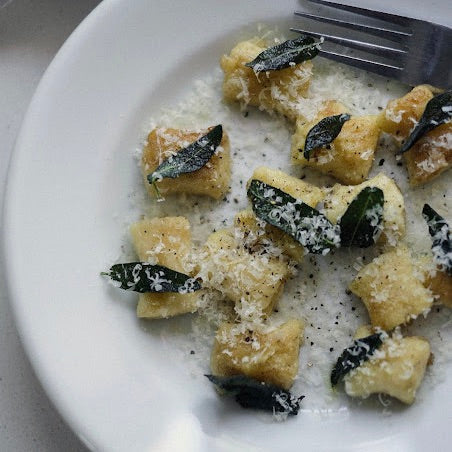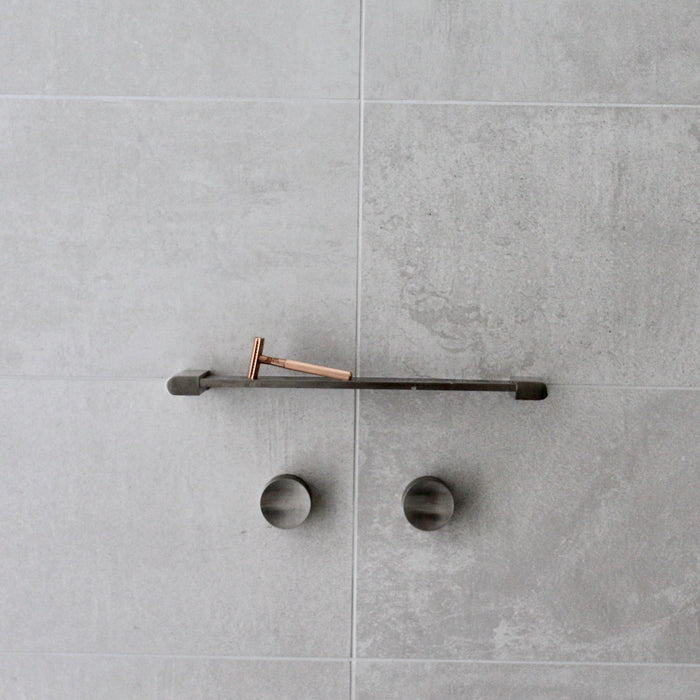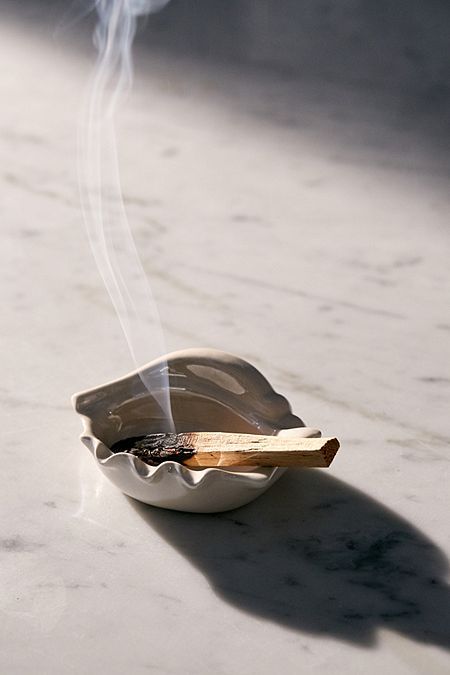
So what exactly is composting?
Composting is an alternative, natural way to decompose organic waste. It is added to existing soil that will begin to break the food waste down using earthworms, bacteria and other organisms found within the soil. While you could leave the compost to do its own thing, many households will add water and oxygen from time-to-time to speed up the process.
After a few months, your waste will have turned into a fine soil-like substance referred to as humus - a nutrient-dense fertiliser.
How does composting reduce our impact on the environment?
Unfortunately, no matter what you place in your rubbish bin, it will eventually make its way to a landfill. So even a banana skin that would usually breakdown on its own accord, once placed into the rubbish bin, becomes landfill.
What’s worse is that food waste without oxygen will eventually turn toxic. Instead of breaking down and returning to healthy soil, food waste will remain buried in landfills and begin to rot. This process produces methane, a greenhouse gas that negatively contributes to global warming and climate change.

How do I do it?
There are plenty of options for composting from doing it all yourself, to simply collecting your scraps and adding them to a green bin or existing shared composter.
If your local council offers a green waste collection, simply dispose of your waste in a green bin and have it ready for pick-up with your regular rubbish. It will be added to a commercial composter and then be returned to the earth around your neighbourhood, community gardens and parks. If your council does not collect it, request that they do!
There are also websites and apps available, such as Share Waste, where people within your community will list there composter and allow others to contribute to their food waste. We also suggest calling your local kindergarten or school, nursery or caretaker of your community garden.
For those wanting the full DIY experience, your local hardware store will sell a composting system, with options available for people with limited space.
Ok, I am committing to it, but what exactly can I compost?
Pretty much anything that contains all-natural components can be composted, such as coffee grinds, eggshells, fruit and vegetables, paper, flour, grains and compostable-made products.
Garden and yard waste, such as grass clippings and leaves, can also be added to compost containers. These natural items help to increase decomposition and reduce odour as materials break down.
It’s important to note that some yard waste should be not be added to your compost. Perennial weeds, for example, will continue to grow back and spread.

